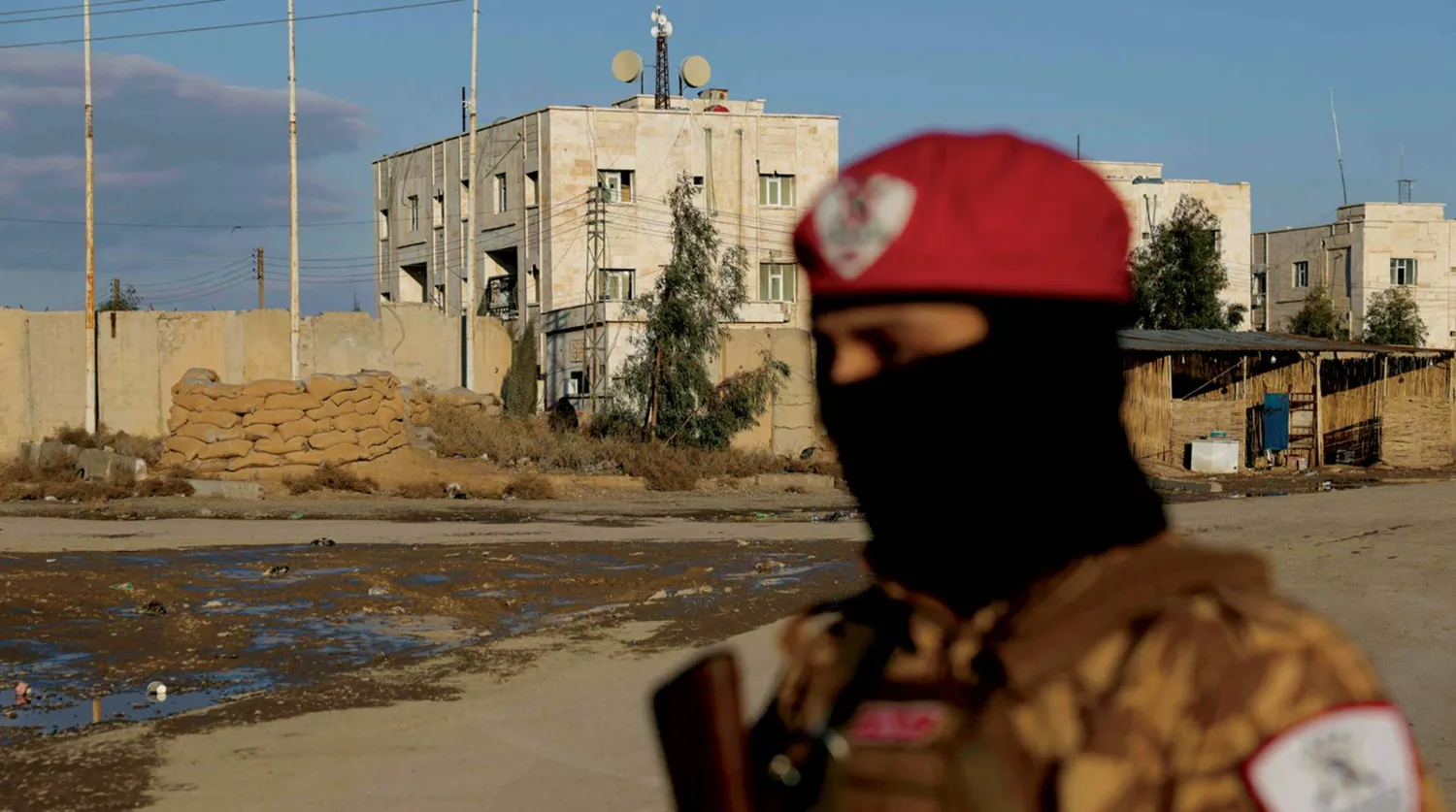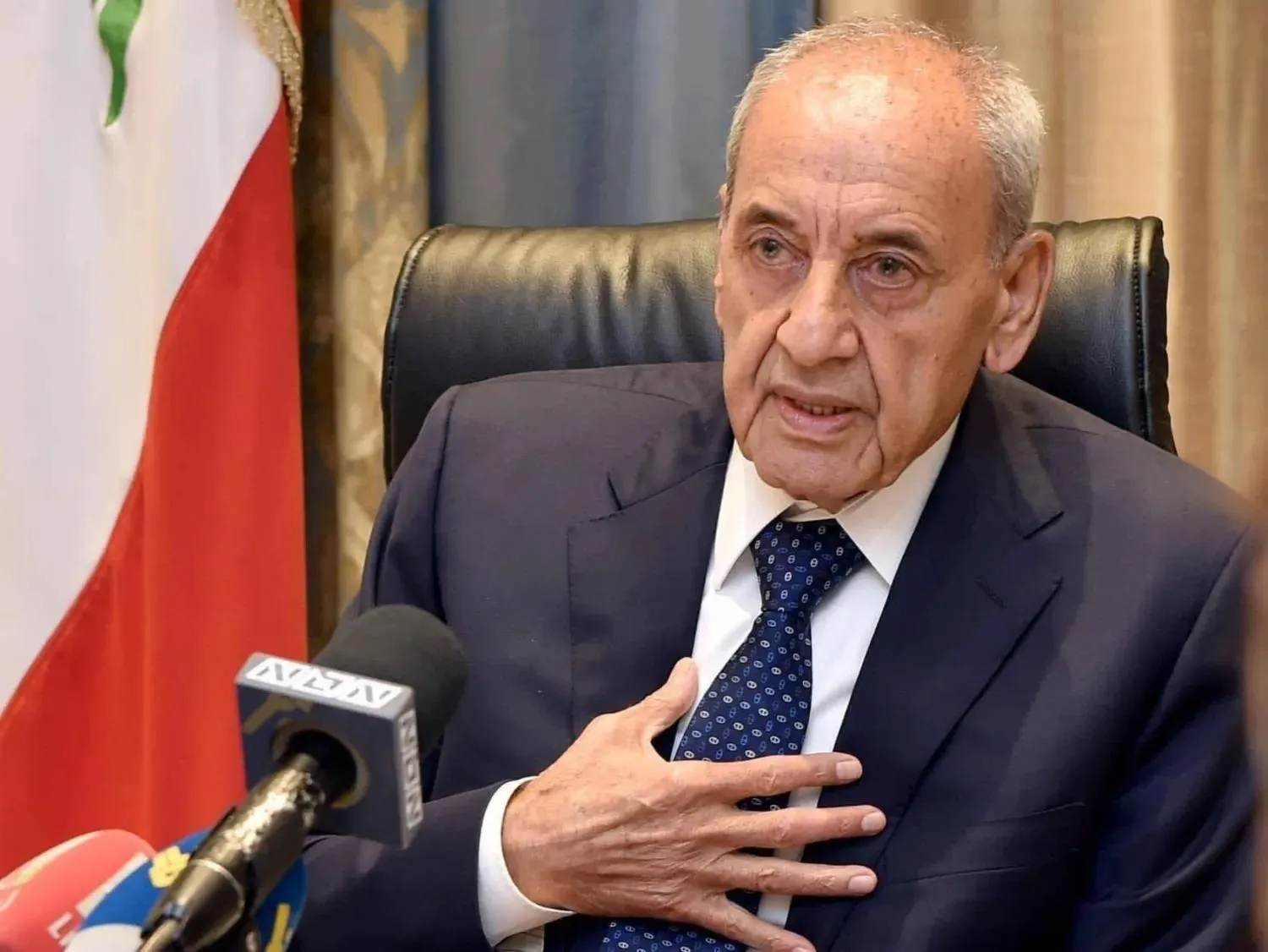Only eight women out of 115 candidates nominated by traditional parties, opposition groups and civil society reached the Lebanese parliament, amid calls for the adoption of a law that defines women’s quota.
However, this year’s winners have broken a decades-old custom in Lebanon – that is parliamentary inheritance.
In fact, since 1963, a female candidate would usually enter Parliament following the death of her husband or father, inheriting his seat. The first Lebanese woman deputy is Mirna Al-Boustani, who arrived unopposed after a by-election that took place following the death of her father, Emile Al-Boustani in 1963.
Other women followed the same path, including Nouhad Said, wife of former MP Antoine Said, Nayla Mouawad, wife of former President Rene Mouawad, and Solange Gemayel, wife of former President Bachir Gemayel.
Women, who achieved victory in the recent legislative elections, are distributed as follows: 3 deputies who were in the previous parliament, including Paula Yacoubian (independent), Enaya Ezzeddine (Amal Movement) and Strida Geagea (the Lebanese Forces Party), three deputies that represent the change movement, including Najat Saliba, Halima Al-Qaaqour and Cynthia Zarazir, in addition to Ghada Ayoub, who is affiliated with the Lebanese Forces party, and former Minister Nada Al-Boustani, who represents the Free Patriotic Movement.
In remarks to Asharq Al-Awsat, Najat Saliba, the elected representative of the Chouf-Aley constituency (from the opposition groups), said that she was disappointed by the fact that only 8 women entered Parliament this year.
“We had hoped that more women would reach Parliament and that their representation would at least equal that in Arab countries,” she said, stressing, however, that the new female deputies have won with “high merit” and would “work as they should.”
Saliba rejected claims that women do not need a quota to run for the elections.
“These are illogical arguments. In all countries, in which women are well represented in parliament, a quota law was passed; then, after it becomes natural and people get used to the idea, the law can be canceled.”
She added that the quota would not mean specifying a certain number of women candidates to Parliament in each list, but rather setting a percentage that would represent the minimum number of female deputies.
In this regard, Saliba stressed that the percentage should not be less than 30 percent, saying: “Men themselves should not accept this meager representation and push to change this reality.”









